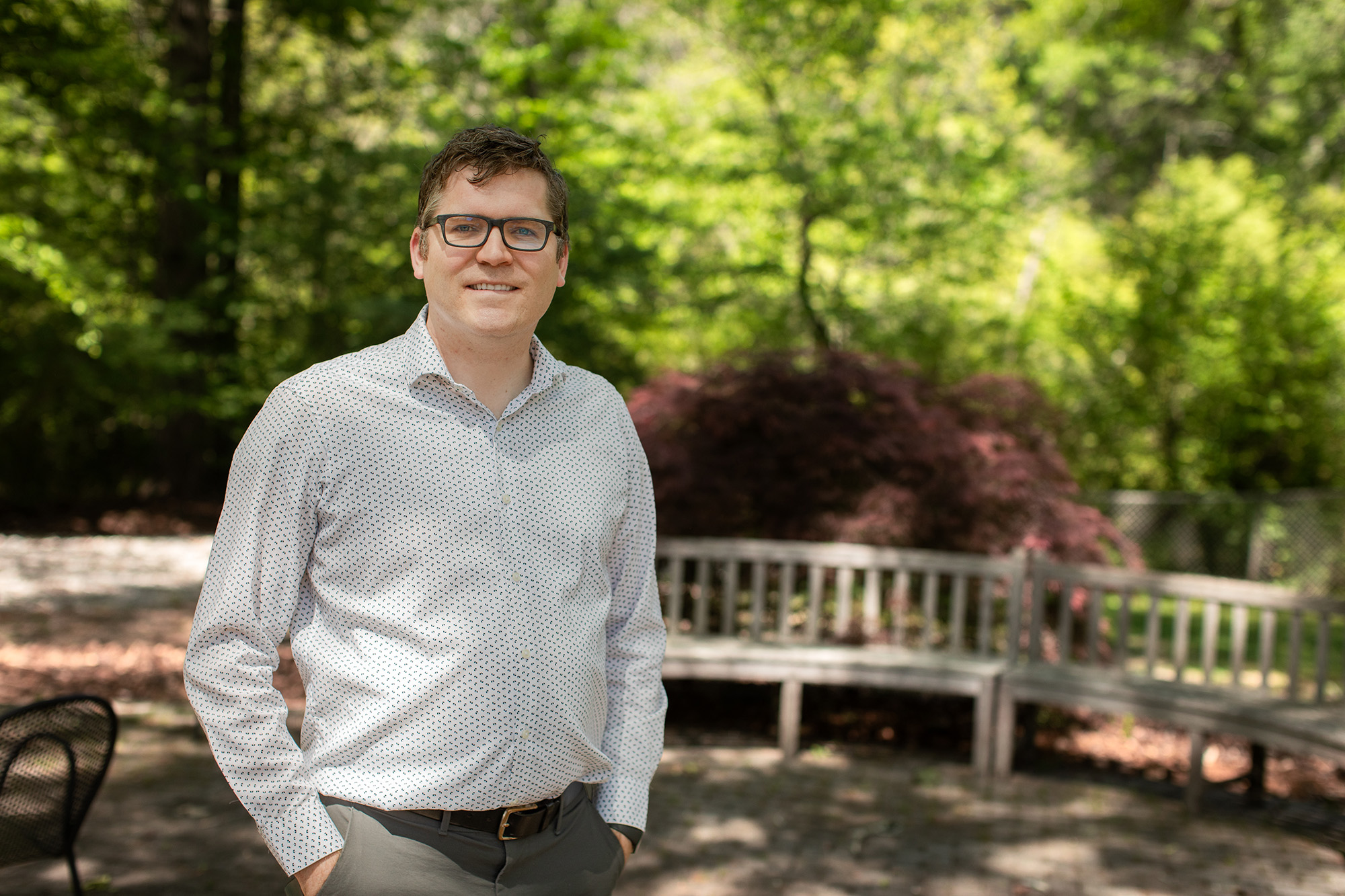
I am especially interested in equipping students and teachers with design problem-solving skills that can leverage empathy, require thinking critically, and allow for iteration and improvement in the process.
Associate Professor
Although my background is Technology and Engineering Education, in the Workforce Education Program at UGA, my teaching spans all disciplines in Career and Technical Education. I am especially interested in equipping students and teachers with design problem-solving skills that can leverage empathy, require thinking critically, and allow for iteration and improvement in the process. The projects in my classes are hands-on and allow students in our program to develop teaching materials that they can take to their own classroom in the future.
My research focuses on beginners’ design thinking by 1) introducing inclusive experiences to foster design abilities and 2) study fundamental aspects of design thinking processes and behavior as they learn to design. I have particularly enjoyed collaboration in my research and opportunities to get back into secondary classrooms through practitioner-oriented partnerships. By entering these authentic learning spaces to explore design thinking, I have been able to document how students navigate the process and how a range of other cognitive and motivational processes unfold.
My research explores design learning and teaching in technology and engineering contexts to inform effective instruction. I am interested in both cognitive and non-cognitive effects of participation in design-based learning, including evolution of the design process, and students’ motivation and self-efficacy beliefs. My past work has bridged cutting-edge soft robotics research to develop and evaluate novel design experiences in K-12 education, followed students’ self-regulation and trajectories while designing, and produced new instruments for assessing design decision-making.
My teaching philosophy is aligned with my work in design thinking. I focus on authentic problem-solving processes and designing relevant, solution-oriented projects that students can apply in their own classrooms. I teach with interaction—through rich discourse among students, engaging course content—and iteration in learning—providing examples of quality and stages of development through phases of reflection and improvement.
Since the students in our program are already in the classroom, or preparing to enter the classroom, I try to focus course materials and projects on things that they can apply in their future teaching. I allow students to tailor the instructional or research materials they are developing to their own interests, so that they can be especially meaningful.
